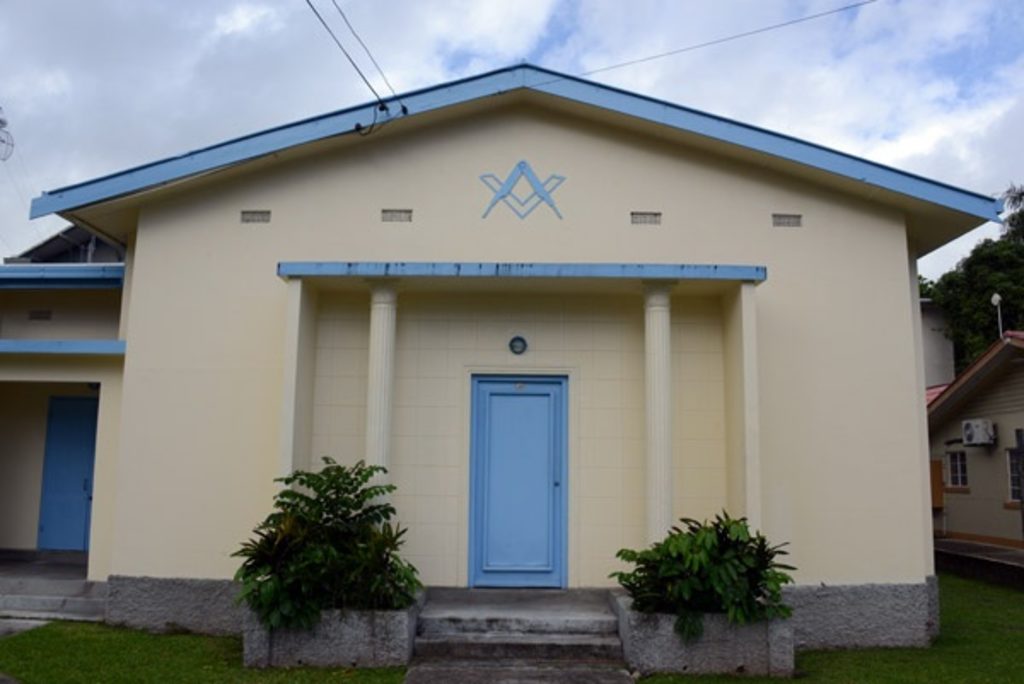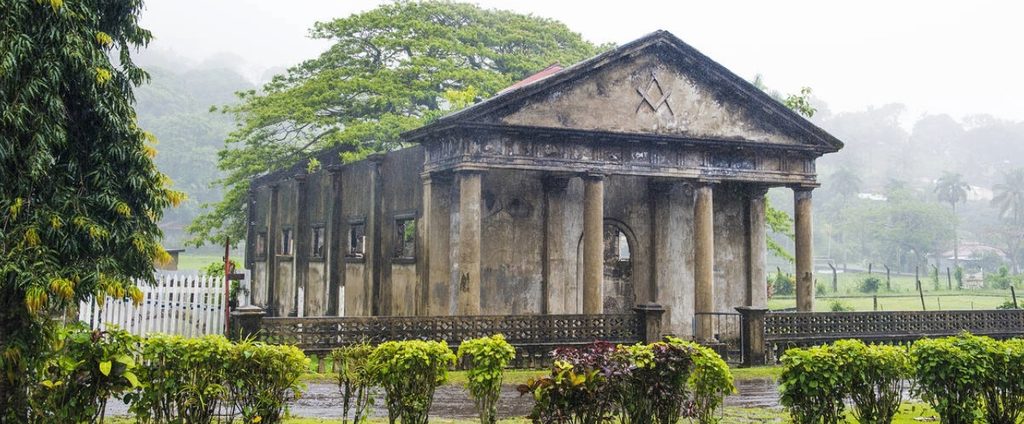Among the many things that find their humble beginnings in Levuka is the local chapter of the global fraternal organisation, Freemasons.
In Fiji, freemasonry began in 1871 at “high noon” on December 27 when a “Lodge of Free and Accepted Masons” in Polynesia was opened at Levuka, then the seat of Government headed by Ratu Seru Cakobau.
Note that in the 1870s Levuka was full of tumultuous and dramatic events.
The year 1871 was remarkable in that it marked the rise of Cakobau’s government – Kingdom of Viti, which only lasted until 1874.During his reign, Cakobau faced fierce opposition from western colo tribes who resisted white influence and the infiltration of Christianity.
The year 1871 also featured the mounting of revolt from among groups of natives and Europeans.
The white supremacist movement, the Klu Klux Klan, mysteriously sprung up in Levuka.
It was also around this time that Freemasonry emerged. Before it got established, some European settlers of Levuka advised Ratu Cakobau saying Freemasonry was a “dangerous secret society”.
But after enquiring with some of his cabinet ministers, Cakobau was convinced otherwise.
“…He issued a signed document authorising Lodge Polynesia to meet “Under Royal Patronage and by Permission”, the website Levuka.wordpress.com noted.
Formally establishing the organisation was not straightforward though. There were some protocols that were overlooked. The charter had been obtained by a Capt Alexander Barrack from Sydney Lodge member, Robert Burns and this was deemed unconstitutional.
“It appears that the founding brethren, men of high integrity and some of them with considerable Masonic experience, were under the impression that a particular lodge in Sydney, Australia, had some sort of District Grand Lodge authority to grant a charter for a new lodge,” noted Sir Leonard G. Usher in the book, The Lodge of Fiji 1882-1982.
“It took a little time before the realisation of irregularity dawned on the brethren concerned, and before an exchange of letters, taking months to travel to and from halfway around the world by sailing ship, resulting in the granting of a charter to Lodge Polynesia,” the book stated.
The charter was No. 562 in the register of the Grand Lodge of Scotland and dated February 1, 1875.
There was no permanent place where members could congregate so early meetings of Lodge Polynesia were held in various parts of Levuka Town.
That problem was solved when Bro. P.W.Murray, who left money and property to the lodge, assisted in the building of a temple that was consecrated on July 14, 1913, and stood until 2000.
The building of the temple was assisted by the generosity of Bro. P.Morris who gifted the land on which the temple stood.
The temple was a peculiar structural landmark in Levuka Town in the 1800s especially when most buildings around were British bungalows. It was inspired by Roman architecture and survived many strong hurricanes.
However, in the wake of the political turmoil of 2000, the temple was razed by angry villagers from Lovoni, who vented out in the open their anti-masonic sentiments.
They were not the only ones.For generations, many Fijians including residents on Ovalau had viewed freemasonry with suspicion.
There were rumours that tunnels led from under the masonic lodge to Nasova House, on the western end of Levuka and the old Royal Hotel. These secret pathways connected to other meshwork routes leading to the Grand Lodge of Scotland in the United Kingdom. Today the Levuka’s masonic lodge is a mere shadow of its past.
Located next to Queen Victoria Hall, the premises of the Levuka Town Council, was once used as a plant nursery. On July 12, 1881, the United Grand Lodge of England had issued a warrant for the establishment of the Lodge of Fiji, No. 1931 at “Suva Na Viti Levu in the Colony of Fiji”.
Its founding members were Charles Devenport Cuthbert, Thomas Golding Kennan, Charles Stephen Thomas, Philip Samuel Solomon, Thomas Brock and Joseph Hoskins. The Masonic movement in Fiji finally found a new home away from the Old Capital.
The Masonic Lodge in Suva. Picture: pbase.com



